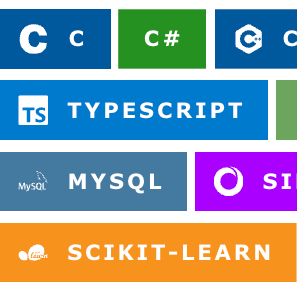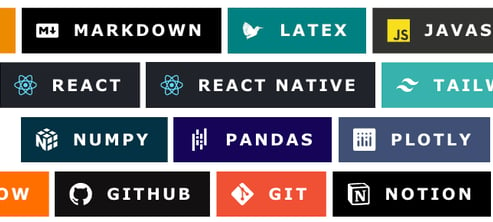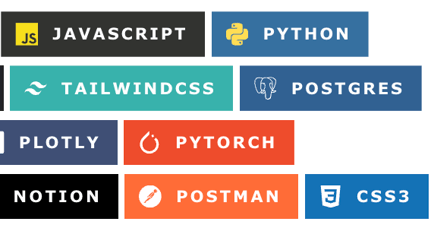
Nicholas Fidalgo
Harvard MS CS, AI/ML, SWE
Showcasing my skills in AI, machine learning, and software engineering through impactful projects and experiences.
NICHOLAS FIDALGO
Bentonville, AR
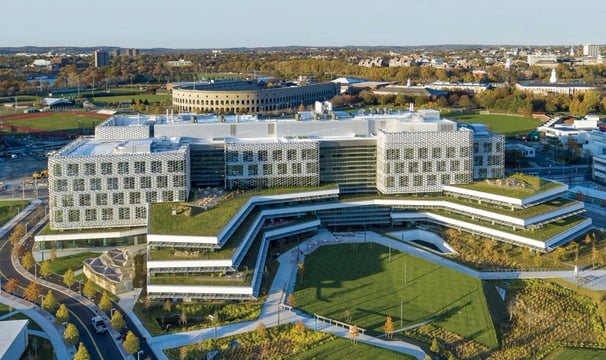

Harvard University
M.S. Computer Science
B.A. Computer Science (Honors)
I am originally from Bentonville, Arkansas, now attending Harvard University in Cambridge, Massachusetts. I am an incoming senior graduating in May 2026. I live in Kirkland House and while on-campus I participated in Harvard Tech for Social Good and Harvard Data Analytics Group. I am earning a Bachelor of Arts in Computer Science with Honors and a Master of Science in Computer Science concurrently. Prior to university, I was an avid violist, MOSTEC 2021 scholar, and Hispanic Scholarship Fund and Youth Leadership Institute 2021 scholar.
About Me

NICHOLAS FIDALGO
I have experience in software engineering, data science, and entrepreneurship.


Netflix
I will be joining the Playback Data Systems team this summer as a Software Engineer Intern in Los Gatos, CA.
Experience
Software Engineer Intern | Los Gatos, CA | June 2025 - August 2025
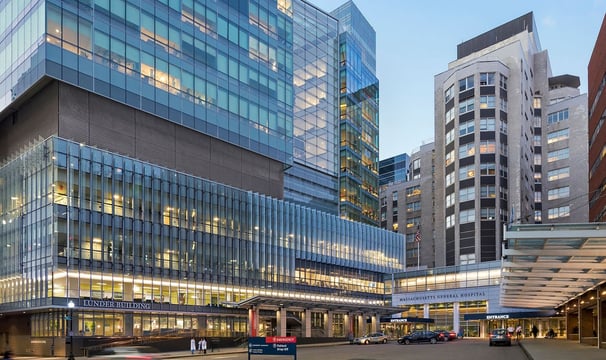

Massachusetts General Hospital
Data Scientist Intern | Boston, MA | August 2023 - July 2024
Applied PCA, z-score standardization, and KNN imputation reducing data dimensionality by 86% and retaining 90% of variance, accelerating model training by 300%.
Developed 5 custom features boosting polynomial regression model accuracy by 70% up to 94% for predicting MRI lesion counts, enabling insights into GLP-1 agonists' effects on multiple sclerosis.
Automated clinical data processing pipeline for 49 patient records from MGH's registry, integrating Python and SQL, co-authoring a peer-reviewed publication.
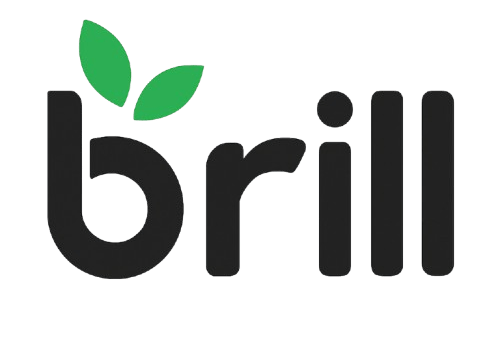

Brill
Co-Founder | Cambridge, MA | January 2025 – Present
Co-founded an AI-powered SAT preparation platform offering personalized tutoring, adaptive practice, full-length Digital SAT simulations, serving 10+ paying customers with a 4.9/5 user rating.
Developed full-stack web application using React, Next.sjs, Supabase, and Stripe to build dynamic, responsive interfaces with LaTeX math rendering, user authentication, payment processing, and multi-table statistics tracking.
Integrated OpenAI and Gemini APIs to generate and validate 2,000+ questions and curate 15+ practice tests.
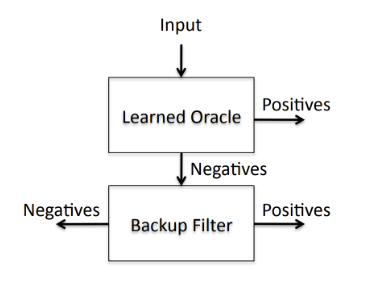

Integrated two novel ML-based enhancements to LSM-trees: (1) a classifier to skip unnecessary Bloom filter checks achieving up to 2.28x GET latency reduction and (2) learned Bloom filters reducing memory footprint by 70–80%.
Learned LSM-Trees with Predictive Filtering
Here are my projects on algorithms and data systems research, AI, and ML projects.
Projects
NICHOLAS FIDALGO
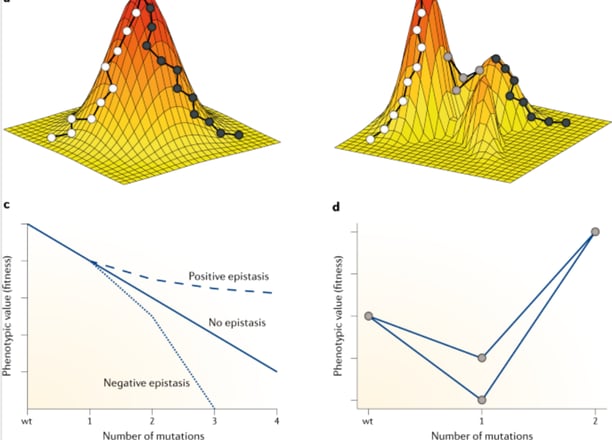

Simulating Evolvability as a Learning Algorithm
Implemented first large-scale empirical investigation of evolvability to simulate evolution as a constrained learning process across 6 Boolean function classes and first exploration of majority and general conjunctions/disjunctions. Discovered majority and general conjunctions/disjunctions can evolve under aggregate-only feedback (previously unknown in theory), validated theory knowledge such as evolvability in monotone case and non-evolvability of parity. First empirical investigation of different distributions, neutral mutation disallowance, and initialization constraints.
Scalable LSM-Tree Storage Engine
Engineered high-performance LSM-tree in C++ using skip list memtable, Bloom filters with variable FPR, fence pointers, achieving sub-linear latency scaling from 100MB to 10GB datasets and up to 40% improved write throughput. Implemented novel hybrid compaction strategy combining tiering, lazy leveling, and leveling maintaining throughput under write-heavy workloads and improvements in 80/20 Zipfian skewed key and query distributions. Achieved near-linear scalability up to 16 threads and 32 concurrent clients, delivering 12× latency reduction and 25× throughput increase compared to single-threaded baselines, testing 8-dimensions of evaluation.

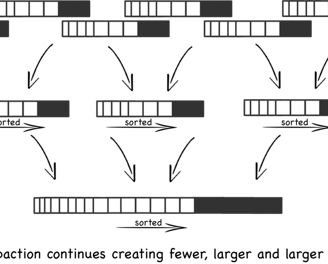
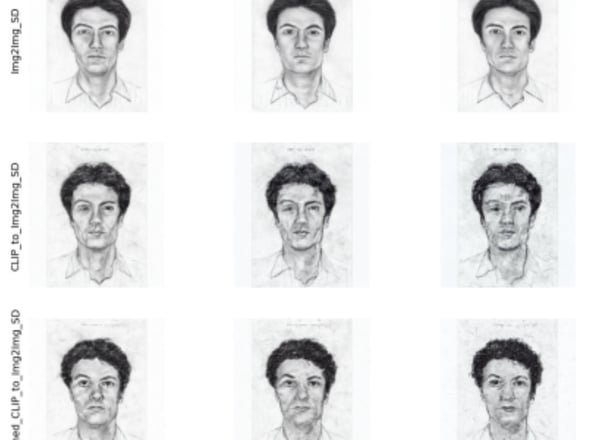

Forensic Sketch AI
Designed and implemented a multimodal pipeline integrating LoRA fine-tuned CLIP and Stable Diffusion v1.5, achieving 21% higher SSIM and 25% higher PSNR over baseline models in forensic sketch generation. Fine-tuned CLIP using LoRA on self- and cross-attention layers, improving text-sketch alignment by 9% and reducing perceptual error (LPIPS) over iterations validated through ablation studies. Developed iterative refinement process with dynamic embedding updates, enhancing quality across 5 refinement cycles.

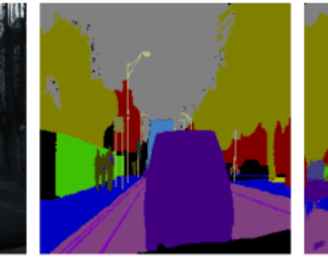
Enhanced U-Net for Semantic Segmentation
Engineered enhanced U-Net architectures with residual blocks, batch normalization, and dilated convolutions, improving segmentation accuracy by 3.6–4.7% over the baseline model on urban scene datasets. Developed hybrid U-Net-FCN model with skip connections, achieving 0.93 Dice for sky and 0.91 for road segmentation. Optimized loss functions using a combined Dice and Cross-Entropy approach, mitigating class imbalance and improving segmentation accuracy for irregular objects like sidewalks (18%) and buildings (37%).
NICHOLAS FIDALGO
Skills

